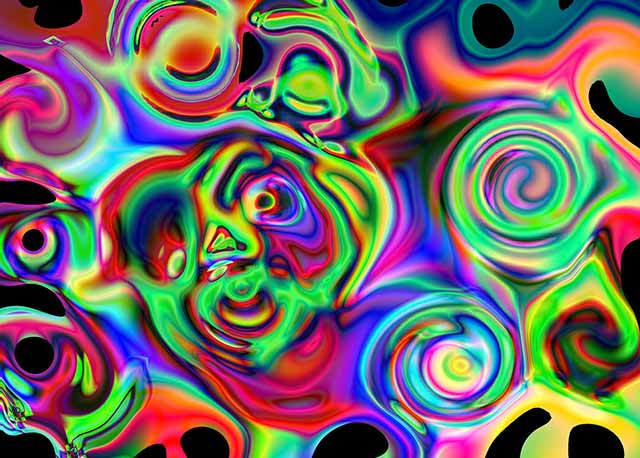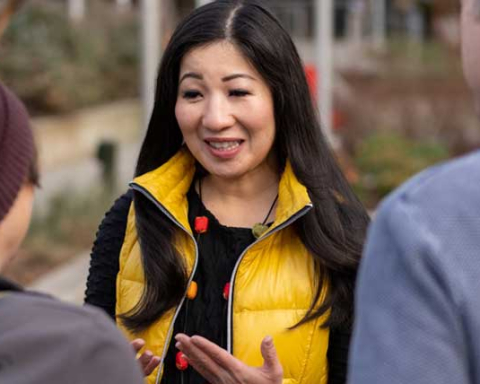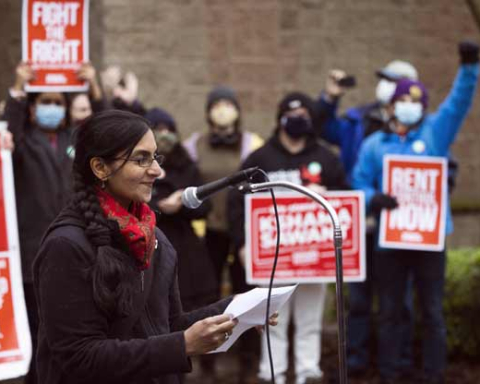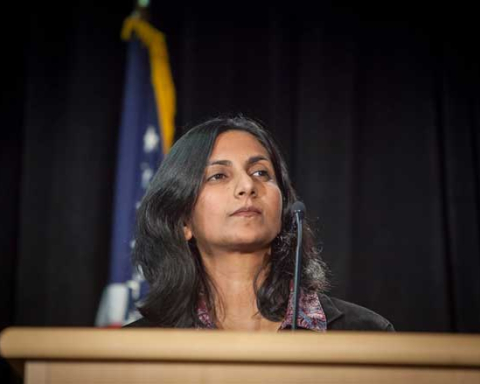The Seattle City Council voted on Monday to legalize non-commercial use of a wide range of psychedelic substances, including psilocybin mushrooms, ayahuasca, ibogaine, and mescaline that is not derived from peyote.
To safeguard the growing and sharing of hallucinogenic plants and fungi for “religious, spiritual, healing, or personal growth practices,” the groundbreaking bill expands Seattle’s policy of not arresting or prosecuting persons for personal drug possession.
As a result of the legislation’s unanimous passage, the city of Seattle’s police department is being asked to “work toward the formal codification and implementation of that practice as departmental policy.”
Seattle now joins a growing list of American cities, including Denver, Washington, and Ann Arbor, Michigan, in taking such measures. Oregon was the first state to approve the therapeutic use of psilocybin in 2020.
Using “entheogens,” such as psilocybin and ayahuasca, which are commonly taken for spiritual or religious purposes, will be among the lowest priority for municipal police.
The federal government classifies psilocybin, a mind-altering chemical often known as magic mushrooms or shrooms, as a Schedule I narcotic, the most restrictive classification.
Councilmember Andrew Lewis of Seattle, who spearheaded the initiative, called it a “first step” in changing the city’s drug regulations. During a phone interview just before the vote, he stated, “Our overarching goal is to follow Oregon’s lead.”
“These chemicals have a big demonstrated promise for cutting-edge therapy for substance misuse, healing from brain injuries,” Lewis said. “I want to ensure that our policies for regulating these chemicals are based on sound science.”
Benefits to the Economy and Mental Health
Psilocybin and other substances are becoming more popular as an alternative to established mental health therapies among academic researchers and the general public.
There are also economic benefits to consider especially since the Canadian Securities Exchange has raised $277 million for such companies since 2020 through listings, and many investors have already jumped in.
High-profile scientists are asking for federal action now, according to reports. A Harvard Law School professor, Mason Marks, argued for a loosening of restrictions on the use of psychedelic drugs on Monday, hoping to spark new developments in mental health care.
Since federal money for psilocybin research is difficult to come by due to the current status of the drug, private companies are doing the bulk of the work and helping to impact public policy as a result.
Calls for Reclassifying Psilocybin
Psilocybin is in the same category as heroin and other hard narcotics as a Schedule I controlled substance. Reclassifying the drug will allow for “more inclusive clinical studies and unbiased regulatory scrutiny,” according to Marks.
The general view is that postponing is the best course of action in this case in the hope that it will fix a slew of issues, Marks further stated.
Even while plant-based psychedelics like LSD, ketamine, and MDMA are becoming popular with users, investors, and academics, the Seattle law would not apply to them. When it comes to living, fresh, dried, or processed plant or fungal material (including teas or powders), a municipal spokeswoman in Seattle says most of these substances don’t fit the bill. The decriminalization of natural psychedelics could be the start of further legalization.
Washington State previously, announced they will be restricting police pursuits. Gov Inslee has stated that it is an effort to fight racial injustice. Police officers stated their concerns with the restrictions and many do not agree with Gov Inslee. Some officers have resigned because they feel they cannot do their jobs and in some cases that requires using force.
Photo: “Psychedelic 070707” by move-at-light-speed is licensed with CC BY-NC-ND 2.0.






